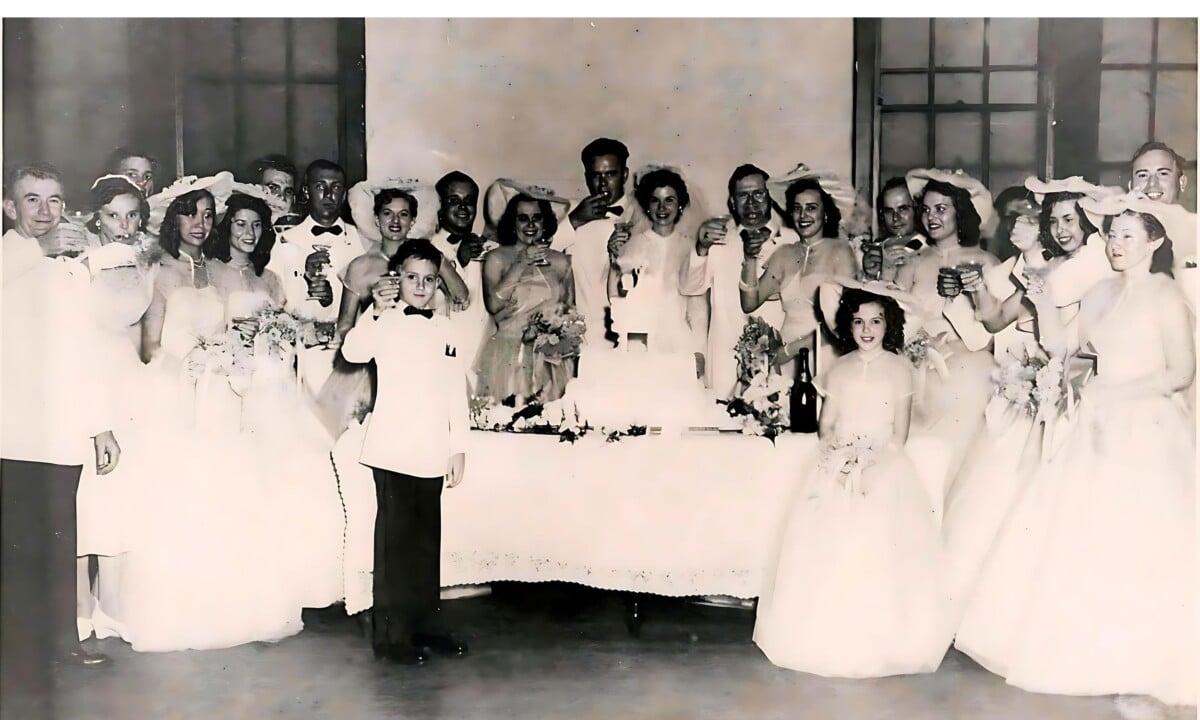
The French Revolution, spanning from 1789 to 1799, was a period of significant change in France. It was triggered by various factors including financial strain caused by the country’s involvement in the American Revolution and King Louis XVI’s lavish spending. The revolution resulted in the overthrow of the monarchy, with King Louis XVI and his wife, Marie Antoinette, meeting their end by guillotine.
In the early 1860s, amidst the backdrop of Italian Unification, the Maestri family embarked on a journey from their village in Borgo Val di Taro, Italy to New Orleans. Italy was experiencing rapid changes with shifts in landownership and hardships for peasants. Despite political unification in 1861, social reforms were slow, leaving many peasants impoverished and oppressed. Seeking new opportunities, the Maestri family ventured across the Atlantic.
The American Civil War devastated the wealth of Louisiana’s planters, impacting our French ancestors. There was resentment towards immigrant populations, particularly Italians, for perceived lack of support against the Union. As more Italians arrived in New Orleans, tensions rose, leading to the establishment of “Little Palermo” in the French Quarter.
The lynching of Italians in 1891 marked a turning point for the Maestri-Dale families and the city’s dynamics. It signaled the decline of French ancestral power and the rise of the Maestri family in New Orleans. A series of events, including Arthur C. Dale being institutionalized, his father’s death, Italian immigration, Prohibition, the Great Depression further shaped the family’s trajectory.
Nicholas Galatas came into the world on April 22, 1815, in St. Tammany, Louisiana. His parents, Marie Rose Leonor Dubuisson and Joseph Galatas, were his sturdy foundation. The Galatas household nestled in Bonfunca, where boat-building was more than just a trade—it was a tradition. Crafting vessels, especially the impressive 60-footers, was a family affair.
As Nicholas matured, he charted his own course, eventually steering into the realm of law enforcement. In the bustling 1850s, he assumed the mantle of Sheriff of Saint Tammany Parish. Yet, Nicholas’s interests weren’t confined to upholding the law; he was also a staunch advocate for the Know Nothing Movement. This political faction held strong views on immigration, advocating for strict controls and limitations.
Through Nicholas Galatas’s story, we catch a glimpse not only of a man’s journey but also of the vibrant tapestry of Louisiana’s history.



The Galatas family’s involvement in the anti-immigration movement against Italians likely intersected with the broader context of Prohibition, as sentiments against certain immigrant groups often intertwined with concerns about alcohol consumption and its perceived societal impact.
As the nation grappled with the prohibition of alcohol, Joseph A. Galatas, a prominent figure within the family, found himself navigating the changing tides of the liquor industry. His ownership of a saloon in Mobile, Alabama, placed him at the forefront of this societal shift.
Through these historical threads, we glimpse the complexities of an era marked by cultural, social, and legislative upheaval, offering a window into the lives of Nicholas and Marie Rose’s descendants as they navigated the winds of change.

Arthur C. Dale’s formative years were marked by immersion in two distinct disciplines, thanks to his upbringing in the Bildstein household. Under Bildstein’s tutelage, Arthur acquired skills in engraving, a craft he honed by the age of 16.
Simultaneously, Arthur was nurtured by the Galatas family, where he delved into the intricate realm of boat design. These dual influences would significantly shape his future endeavors. Combining his expertise in engraving with his passion for boat design, Arthur later innovated a patented shallow draft boat design.

